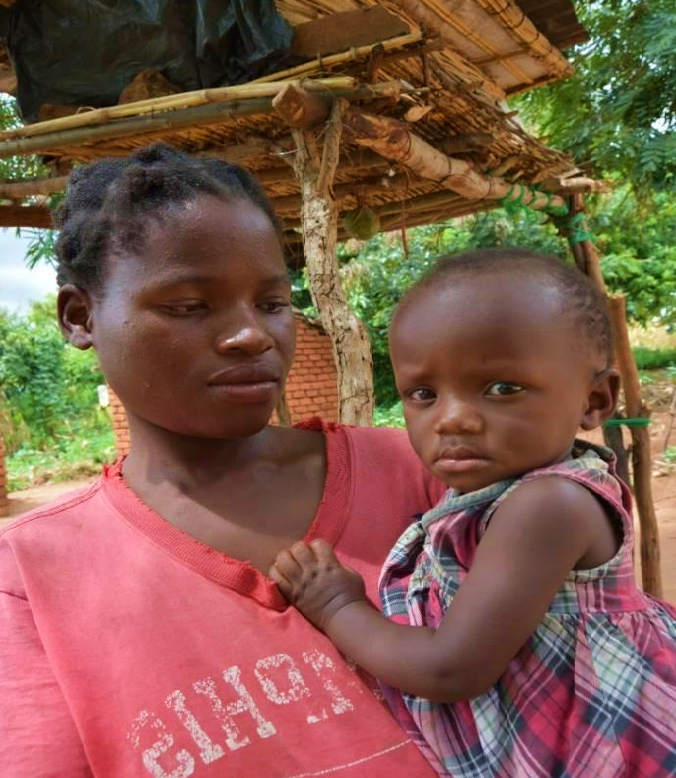Speeches Shim

March 2018 — Bertha January, a single mother, often struggled to provide her 13-month-old daughter, Zipora, with enough nutritious food to keep her healthy. Over time, Zipora became extremely underweight and lethargic, almost reaching a point where she was not strong enough to eat.
A health worker noticed her condition and enrolled both mother and daughter in a USAID-supported nutrition program. Zipora received food high in nutrients and her health was monitored, while Bertha learned new skills to keep her daughter healthy.
The number of Malawians who need urgent food assistance has declined by more than 5 million people over the last two years, yet malnutrition remains a critical challenge. Families are still recovering from a historic drought in 2015-2016 that pushed nearly 6.7 million Malawians into a state of dire need.
According to the U.N. Children’s Fund (UNICEF), over one-third of Malawian children suffer from chronic malnutrition, typically caused by diets low in calories and nutrients, poor child care and feeding practices, and chronically undernourished mothers. In addition to symptoms of weight loss and fatigue, malnutrition has long-term repercussions: It hinders growth, impairs cognitive development, and increases susceptibility to disease.
To combat malnutrition and its effects, USAID supports two programs that empower parents and communities to prevent and treat malnutrition in the short and long term. Zipora and her mother took part in a community complementary feeding and learning session implemented by Catholic Relief Services in the Blantyre district of southern Malawi. In these sessions, malnourished children like Zipora are fed while caregivers like Bertha attend group meetings and learn healthy child-feeding and caregiving practices. Caregivers also learn to prepare, process and preserve nutritious food using locally available, nutritious crops.
In nearby Machinga district, parents and children take part in a similar program run by another USAID partner, Project Concern International. The program focuses on improved agricultural production, health and nutrition as well as preparing for and responding to shocks. Mothers learn to grow more nutritious and sustainable food for their families in backyard gardens.
Participants expressed appreciation for how the lessons they learned in the program help them provide healthy lives for their children. As one mother noted, the program “opened our eyes, we were in darkness.”
These small changes have helped give many children a new lease on life. Previously fatigued and sickly, Zipora gained 2.3 kilograms — over 5 pounds — in two months. “I am no longer embarrassed with my child’s frail body. She has gained weight and is able to play and eat just like any other child,” Bertha happily proclaimed.
While there is more to be done to improve nutrition in Malawi, USAID remains committed to helping vulnerable Malawians gain the skills and tools to keep their families healthy. In fiscal year 2017, USAID contributed more than $28.1 million to address the underlying causes of chronic food insecurity, drought and other shocks in the country. Through development programs that incorporate community complementary feeding and learning sessions, USAID is working with the Malawian people to improve nutrition, helping boys and girls like Zipora to have a brighter future.
LINKS
Follow @USAIDFFP, @USAIDMalawi, on Facebook, on Flickr

Comment
Make a general inquiry or suggest an improvement.